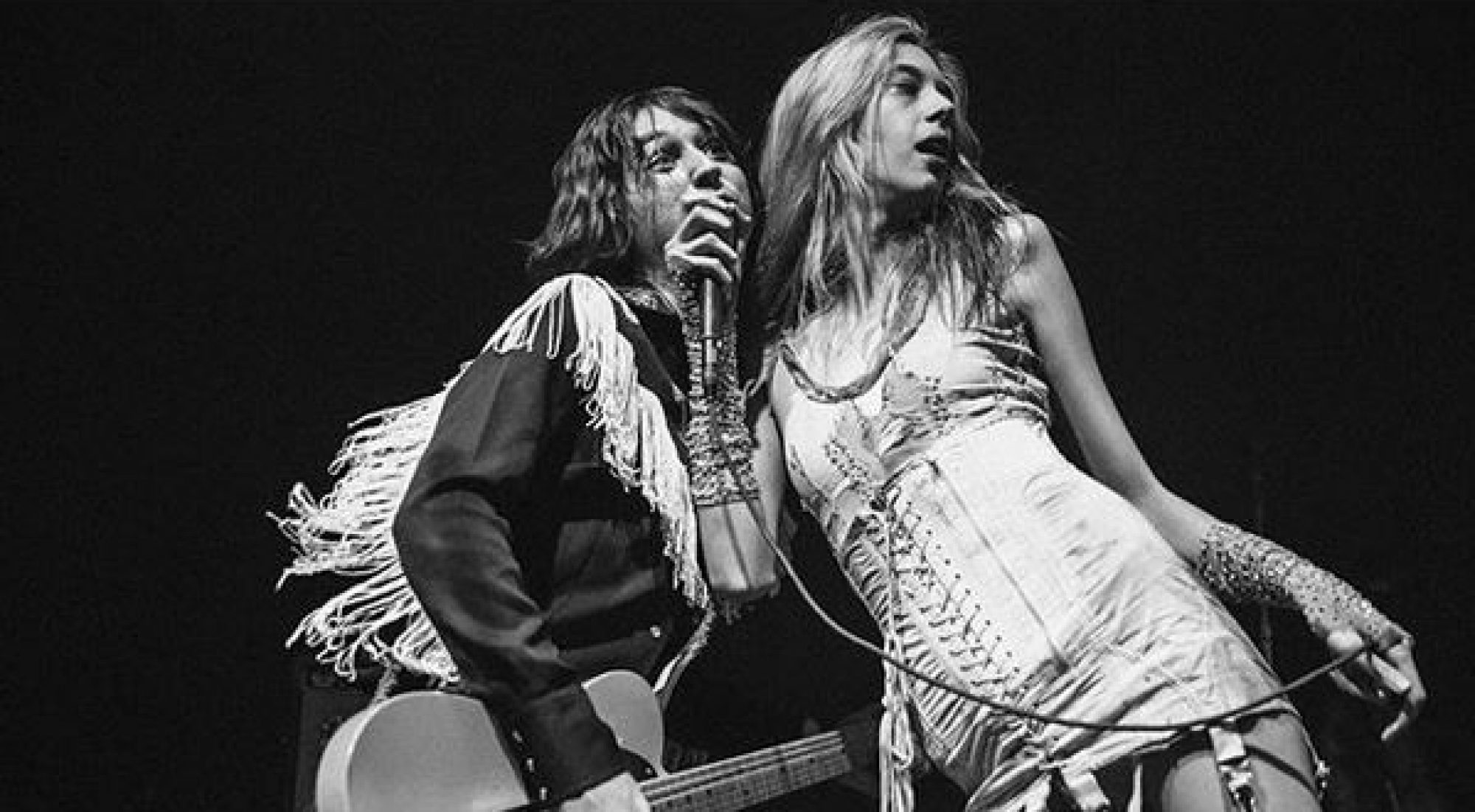In my last column I set out to explain or exemplify some of the ways that music can be applied to ones life for relief from an abysmal or tragic turn of events, how it can bolster ones weakened or depressed constitution and provide the strength one needs to carry on or get through rough times. I only managed to get to the listening to sad music as a way to feel better portion of music’s applicable healing properties. I felt I should also extol the virtues of more aggressive less melancholy music and the cathartic effect it can have in helping one traverse a seemingly endless sea of depression. Hearing an expression of anger, rage or discontent with a real fast head banging beat and searing crunching guitars (and in rock music there’s no shortage of such moments) can be an excellent way to recognize your anger and let it carry you away, get it out of your system rather than internalizing all these ill feelings. To sense that an artist seems to be releasing personal demons through their music is generally enough of an indication to know that just listening sort of allows you to do the same, just as the more sad, wallow in self pity, slit-your-wrists-type music helps you feel less alone in your misery. Music can guide one out of the doldrums or at least provide some point of identification you can relate to or rely on and even come to recognize as one thing that got you through a particularly hard time.
When you consider the musical style known as The Blues, I believe you touch on the precursor of all Rock and Roll, and you get artists who are generally expressing their personal laments, their own tragedies or mistakes in a certain musical style. Subjects range from two-timing lovers, death, poverty, and racial oppression to some less heavyhearted odes full of sexual innuendo or songs to free a portion of the soul from the drudgery of hard thankless labor. These are all subjects that can still apply to modern times so one can find the right song and have a real good lament-a-long with the blues, but what I really love about Blues music and much of the more fundamentally blues-based rock and roll is the evocative emotional qualities of the instrumentation. A great blues guitar solo is a mournful sound; you don’t need to hear what they’re singing to know that this is the sound of a pained soul, or a sound that was created out of strife, an expression of truth and beauty born in the face of adversity, a triumph of the human will to persevere. And you know that writing these songs was likely an act of self-preservation, like the fact that they expressed their feelings creatively could very well have saved them from another fate, one eroded by fear and hatred. It’s no wonder there has been a sudden movement in contemporary indie or alternative music towards a very pared down specific and respectful focus on the Blues. Desperate times call for a music that speaks to and for the people.
Lately there has been one tremendous, monumental release by a band who I have always felt had an uncanny grasp on both the mechanics and the true spirit of the blues, an unusual circumstance seeing as how they came from the U.K. and formed in the late 60’s. That group is Led Zeppelin and their recent release, a triple disc live recording called How The West Was Won has totally rekindled a huge interest in a phenomenal legendary band who in my opinion have never fallen from the upper echelon of the greatest rock bands ever. I never understood why The Sex Pistols used to site Led Zeppelin as an example of the very pompous overblown dinosaur rock band they considered an antithesis to themselves and everything they stood for or wanted to destroy in the world of rock and roll. It seemed especially ironic after the demise of the sex pistols and the formation of John Lydon’s post-punk group Public Image, who often opened their shows with a spot on cover of the epic Zeppelin song “Kashmir”, but I suppose irony was the intention. After repeated listenings to How The West Was Won, I don’t see how any band at all can deny their sheer power and otherworldly mystique. It’s a brilliant testament of a band at their creative peak, with a paranormal virtuosity when it came to playing the blues style. The authenticity was downright eerie, making one wonder at times if guitarist Jimmy Page really did have some kind of pact with the Devil that allowed him to play with the finesse and ease of some of the greatest blues musicians ever. All contemporary bands should bow down to the monolith. This could be some of rock and rolls finest moments, moments that have pulled me through the bad times many times over.
